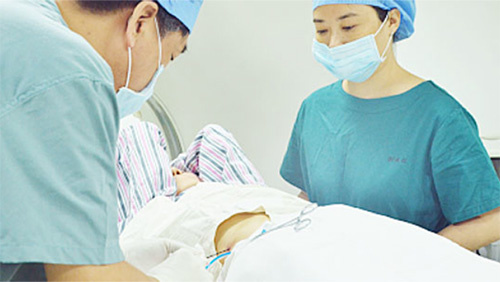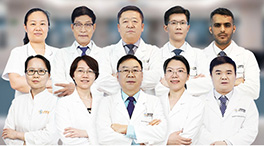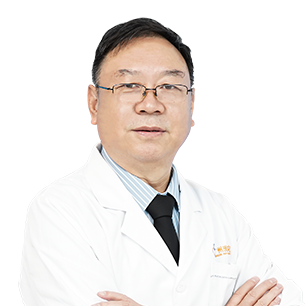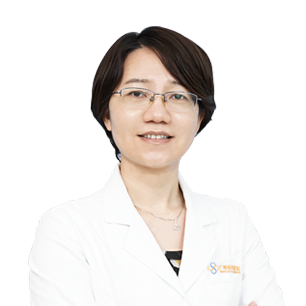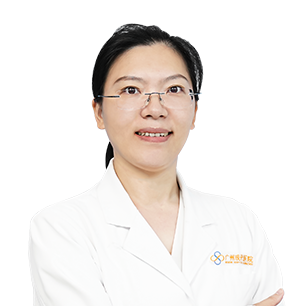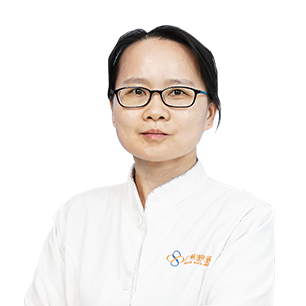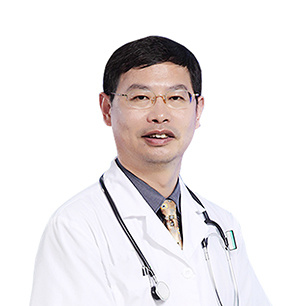 Views:190
Views:190 2024-12-09
2024-12-09 Share
Share
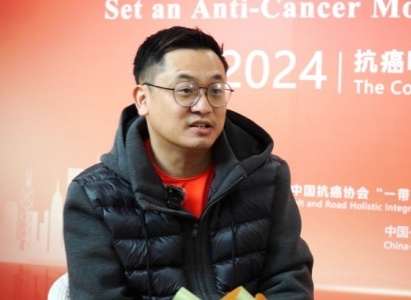
- CHAN KHIAN YAP Malaysia
- Diseases:Rectal cancer
- Treatment programs:Interventional therapy + Seeds implantation
A 35-year-old man was diagnosed with rectal cancer and refused to live the rest of his life with a stoma.
My name is Chan Khian Yap, I am 35 years old, from Malaysia, and have suffered from rectal cancer.
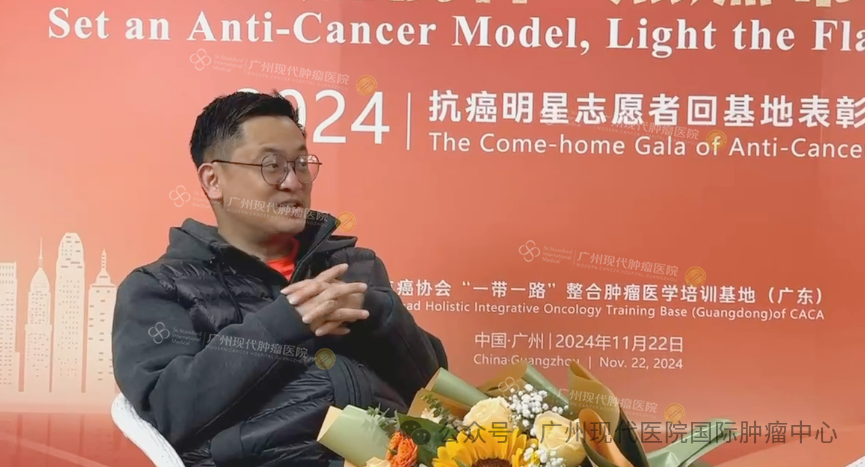
(Recent photo of Chan Khian Yap)
In 2022, I started to have blood in my stool, but I didn't care because I had been troubled by hemorrhoids since my teenage years, and it was not surprising that hemorrhoids would occasionally cause blood in the stool. However, a few months later, the blood in the stool became more and more frequent, and the initial blood turned into pus and blood. I felt anal pain and difficulty defecating. In June 2022, I had a colonoscopy and CT scan in the hospital. The results showed that there was a tumor about 3cm away from my anus, and the tumor was nearly 4cm long, and I was diagnosed with rectal cancer.
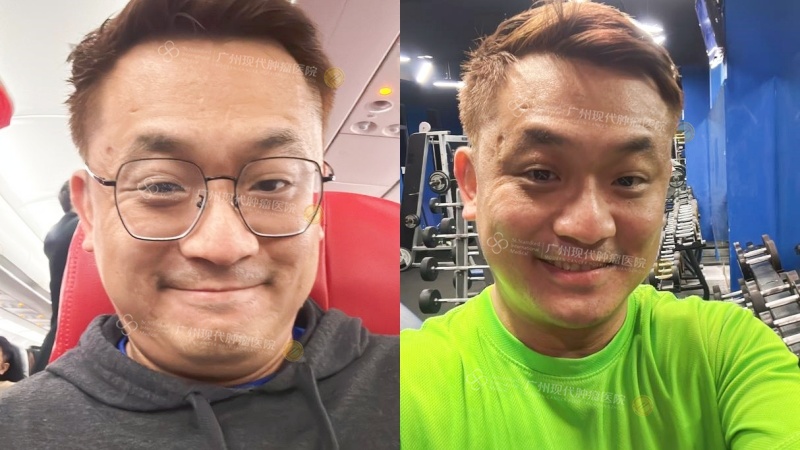
Chan Khian Yap’s daily life photos
The treatment plan given by the doctor at that time was to do preoperative radiotherapy and chemotherapy first and then do resection surgery. To this end, I received 25 radiotherapy sessions in the next two months and took oral chemotherapy drugs at the same time to meet the surgical criteria. In October 2022, after my review, the doctor said that resection surgery could be arranged, but because the tumor was very close to the anus, the anus and tumor had to be removed, and a permanent stoma had to be made for me to restore excretion function.
When I heard the news, I felt like I fell into an ice cellar, and my heart was instantly chilled. At that time, I was only 33 years old, in my prime, and had not yet entered into marriage. Do I have to carry a fecal bag for the rest of my life? I don't want to live like this. I am a Christian who is usually physically strong and loves to exercise. Since I was diagnosed with cancer, I have regarded it as a test from God in my life, and I must face it head-on.
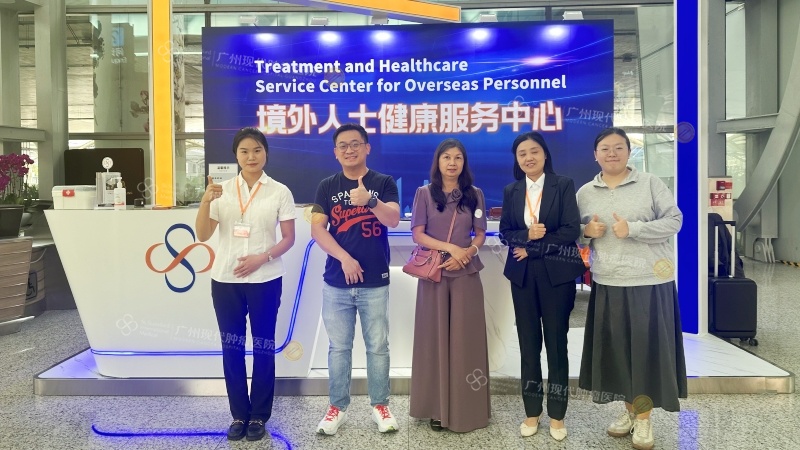
In November 2024, Chan Khian Yap and other anti-cancer stars arrived at Guangzhou Baiyun Airport
However, there are only three ways to treat cancer in Malaysia: radiotherapy, chemotherapy, and surgery. I had to make a choice. After consideration, I rejected this option and looked for alternative treatment options. Through Google, I collected a lot of information, and at this time, I found St. Stamford Modern Cancer Hospital Guangzhou. Through the patient stories published on the hospital's official website, I learned that thanks to minimally invasive treatment technology, many desperate cancer patients have started their "second life" here, which made me very happy.
So, my father and I found the hospital's International Service Center in Kuala Lumpur, where we met the Malaysian service team for consultation. They greeted me warmly and explained to me all the details of going abroad for treatment. After learning about it, we decided to go abroad for treatment.
Minimally invasive intervention combined with seed implantation: painless tumor elimination with miraculous effect
On December 21, 2022, as the year was drawing to a close, my father and I arrived at St. Stamford Modern Cancer Hospital in Guangzhou amidst the chilly winter winds. With Christmas just around the corner, the hospital was adorned with festive decorations, creating a joyful atmosphere that rekindled my hope for the future.
After a physical examination, based on my illness and physical condition, the hospital's MDT issued me a minimally invasive comprehensive treatment plan focusing on interventional therapy and seed implantation. I learned that interventional therapy is to inject anticancer drugs with a concentration of 2-92 times higher than that of systemic chemotherapy into the tumor area and, at the same time, embolize the tumor blood supply artery without damaging normal body tissues. It has the advantages of less trauma, fewer side effects, and faster recovery.
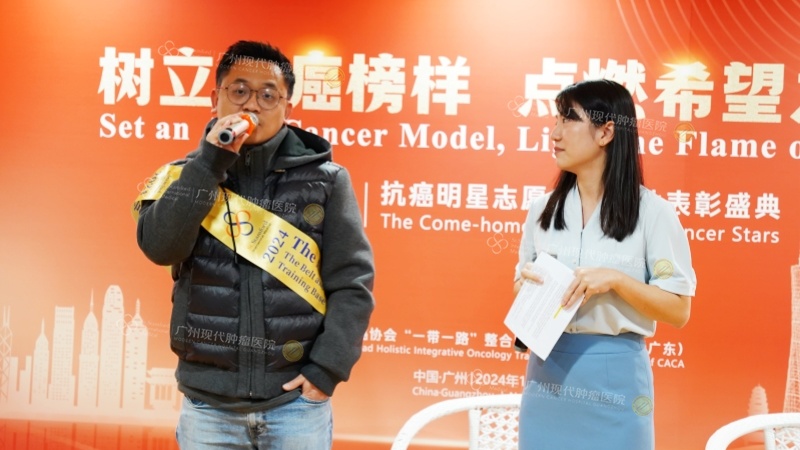
Chan Khian Yap tells his anti-cancer experience at the event
After the first interventional treatment, I felt that my body had changed significantly, and my bowel movements were much smoother. Traditional systemic chemotherapy can cause pain and burning sensations, leading to physical weakness, but interventional treatment has few side effects and almost no discomfort, which makes me feel at ease about the subsequent treatment.
A few days later, I received a seed implantation treatment, and the doctor implanted 20 radioactive I125 particles in the area of my rectal tumor. Seed implantation is a type of internal radiotherapy. I125 particles can continuously release gamma rays to kill cancer cells at close range, achieving the same effect as surgical resection. Its efficacy was so fast that my father and I were amazed: only one and a half months later, I went for a follow-up check and found that the rectal tumor had shrunk by 80%!
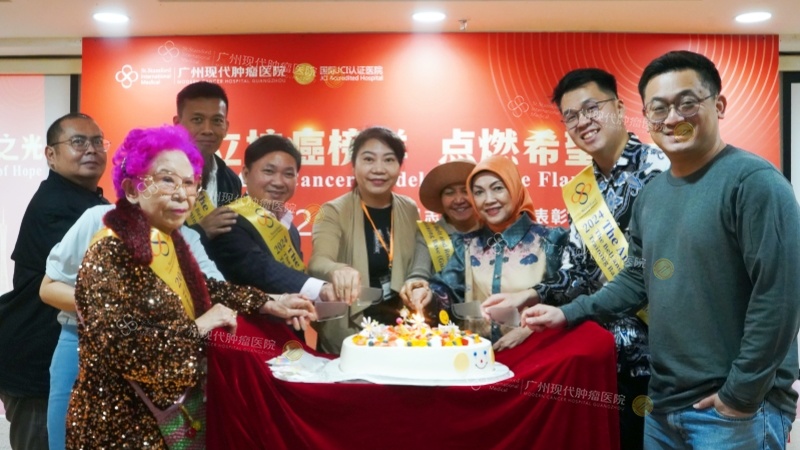
Chan Khian Yap at the event
At the hospital, I underwent a total of six interventional treatments and one seed implantation therapy. Following the treatments, my symptoms of blood in the stool gradually diminished, and I no longer experienced any physical discomfort. Six months later, a follow-up examination revealed that all cancer cells in my rectum had lost their activity, and my tumor had completely disappeared!
What I appreciated most about minimally invasive treatment was that it caused virtually no trauma and had minimal impact on my daily life and routine. After each session, I would return to Malaysia, where I continued running, playing badminton, exercising, and even working as I used to. Over the past two years, every follow-up examination has shown my cancer markers to be completely normal. My life has been just like that of any healthy person, with no need for further treatment.
Believe in minimally invasive treatment and strive to deliver love and hope
Now, as an anti-cancer warrior returning to St. Stamford Modern Cancer Hospital Guangzhou, I feel full of joy and gratitude. Compared with other patients’ long-lasting, difficult, and tortuous cancer-fighting experiences, I seem very lucky.
I think that in the process of fighting cancer, the most important thing is to find the right scientific method, adjust the mentality, and integrate resources. Don't be trapped in your own vision and inherent cognition, but try to find advanced treatment methods that suit you.
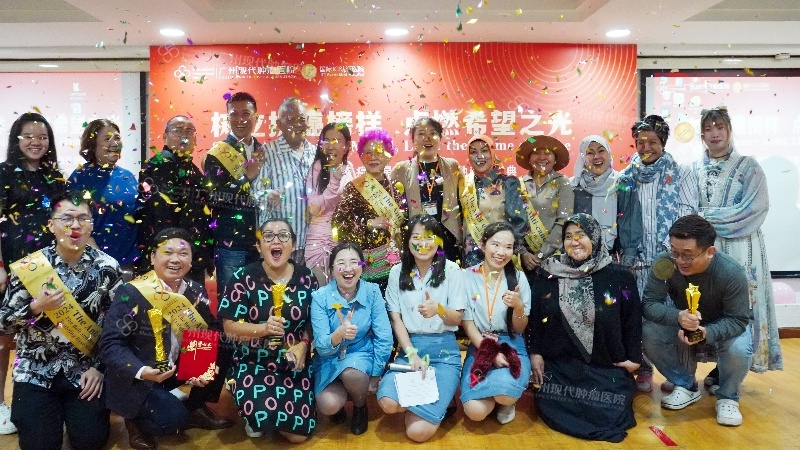
Chan Khian Yap took a photo with other anti-cancer stars
Due to the advancement of medical technology, China's anti-cancer methods are more flexible and comprehensive, not limited to traditional treatments. Minimally invasive integrated treatment is just like this. It can tailor a suitable plan for patients, minimize trauma, and maximize the treatment effect. St. Stamford Modern Cancer Hospital Guangzhou has 18 anti-cancer technologies, which give patients more choices and increase their chances of survival.
There is a famous saying in China: “Saving one life is more virtuous than building a seven-story pagoda.” Because I was saved by minimally invasive technology, I am always willing to recommend this hospital to friends and family members suffering from cancer, hoping it can help them as well. For instance, I once introduced an elderly relative in his eighties to this hospital for treatment. He had been diagnosed with bladder cancer, and the local hospital had advised removing his bladder and living with a urine bag. However, after receiving minimally invasive treatment here, his cancer cells completely disappeared, achieving remarkable results.
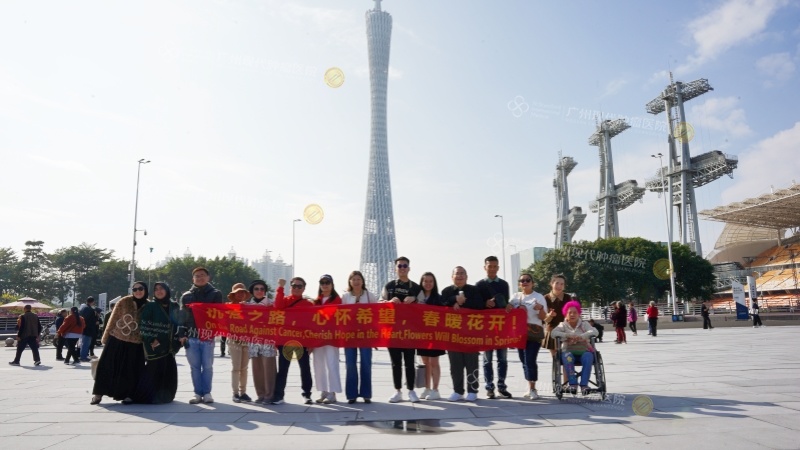
Chan Khian Yap and other anti-cancer stars take part in Guangzhou city tour
I trust this place not only because of the advanced minimally invasive technology but also because of the medical staff here. They are not only highly skilled but also, more importantly, humble and considerate towards patients. For example, my attending physician, Dr. Lin Jing, always greets and encourages patients with a warm smile.
I remember that when I was first admitted to the hospital, due to the restrictions of the epidemic, I stayed in the hospital for 40 days, and I was with the medical staff every day. In my spare time, Director Lin Jing would ask me to help as a translator, and I was able to come into contact with many patients from different countries. I learned that many people were declared incurable in local hospitals, but they got hope of life here. These stories are real and vivid, which moved me.
In the future, I will continue to maintain an optimistic and grateful mindset, making the most of each day while spreading hope to more cancer patients. I want to tell them, never give up—hope is always there!



